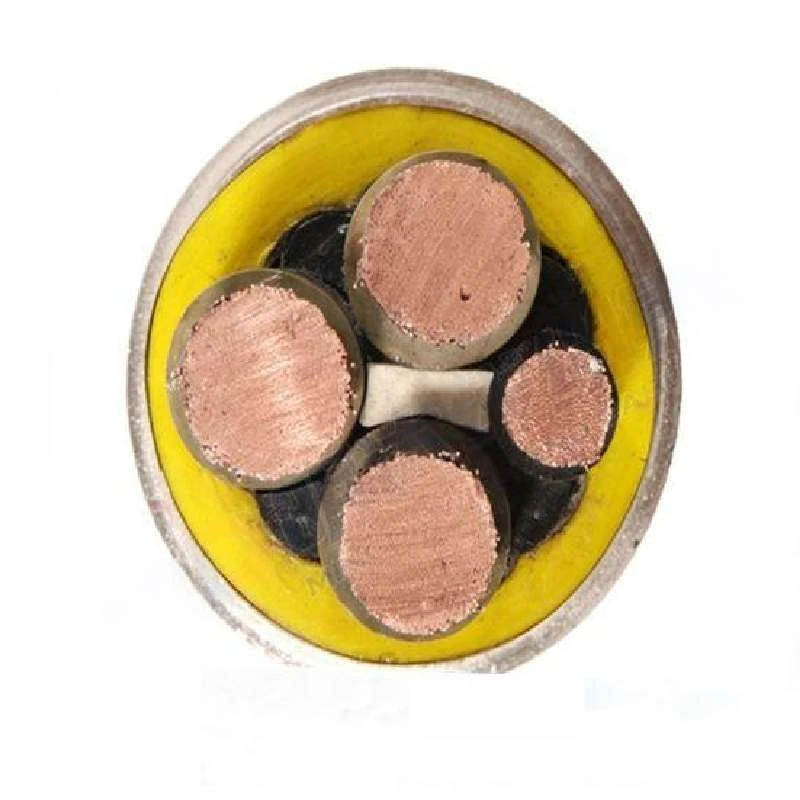9 月 . 12, 2024 07:36 Back to list
Cast Iron Foot Valve - Durable & Reliable Water Control Solutions
Understanding Cast Iron Foot Valves Essential Components for Efficient Water Management
Cast iron foot valves play a crucial role in various water management systems, especially in industrial and agricultural applications. These valves are designed to maintain the water level and prevent backflow, ensuring the efficient operation of pumps and other water-related systems. Their robust construction and reliable functionality make them a popular choice among engineers and technicians.
What is a Cast Iron Foot Valve?
A foot valve is a type of check valve situated at the inlet of a pump, submerged in liquid. Its primary purpose is to allow liquid to flow into the pump while preventing it from flowing back out when the pump is off. Cast iron, a durable and corrosion-resistant material, is commonly used to manufacture these valves due to its ability to withstand high pressure and adverse environmental conditions.
Key Features and Benefits
1. Durability Cast iron foot valves are known for their strength and longevity. They can endure harsh conditions and are less susceptible to damage from corrosion compared to valves made of other materials, making them ideal for both fresh and saltwater applications.
2. Efficiency By preventing backflow, foot valves ensure that the pump remains primed, which is essential for its optimal performance. A properly functioning foot valve minimizes the risk of air entering the system, which can lead to pump cavitation and reduced efficiency.
cast iron foot valve

3. Variety Available in various sizes and configurations, cast iron foot valves can be tailored to fit specific applications and pump systems. This versatility makes them suitable for a wide range of industries, from agriculture to wastewater management.
4. Maintenance Although durable, regular maintenance of foot valves is necessary to ensure their longevity and efficiency. This includes periodic inspections, cleaning, and occasional replacement of worn parts to prevent failures.
Applications
Cast iron foot valves are widely used in agricultural irrigation systems, industrial water systems, and municipal water supply infrastructure. In farming, where the demand for reliable water supply is critical, these valves help maintain the optimal functioning of irrigation pumps. In industrial settings, they are essential for managing cooling water systems, boiler feedwater, and various other fluid-transfer applications.
Conclusion
In conclusion, cast iron foot valves are indispensable components in modern water management systems. Their durability, efficiency, and adaptability make them a preferred choice in many industries. As the demand for efficient water management solutions continues to grow, the importance of reliable components like cast iron foot valves cannot be overstated. Understanding their function and benefits is key to optimizing water systems and ensuring sustainable operations across various sectors.
Share
-
Understanding the Differences Between Wafer Type Butterfly Valve and Lugged Butterfly ValveNewsOct.25,2024
-
The Efficiency of Wafer Type Butterfly Valve and Lugged Butterfly ValveNewsOct.25,2024
-
The Ultimate Guide to Industrial Swing Check Valve: Performance, Installation, and MaintenanceNewsOct.25,2024
-
Superior Performance with Industrial Swing Check Valve: The Essential Valve for Any SystemNewsOct.25,2024
-
Industrial Swing Check Valve: The Ideal Solution for Flow ControlNewsOct.25,2024
-
You Need to Know About Industrial Swing Check Valve: Functionality, Scope, and PerformanceNewsOct.25,2024